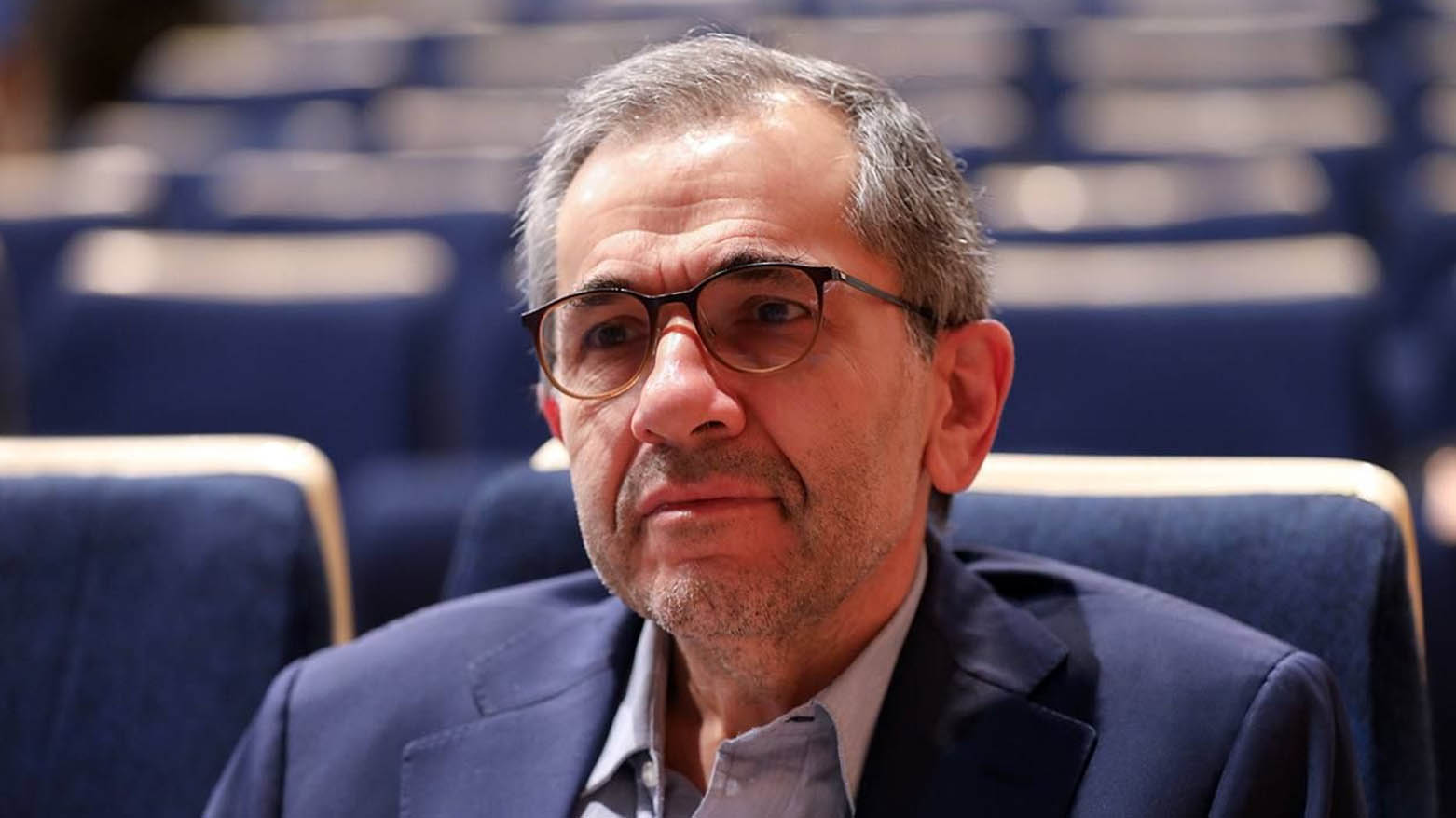Tehran Says No Further Retaliation Against U.S. but Vows to Continue Uranium Enrichment
Iran vows no further retaliation but will continue uranium enrichment. Deputy FM Reiterates Iran’s Commitment to Diplomacy While Questioning U.S. Trustworthiness, demands guarantees before new nuclear talks. Tensions remain high after U.S.-Israeli strikes.

Erbil (Kurdistan24) – Iran’s deputy foreign minister Majid Takht-Ravanchi stated Thursday that the Islamic Republic does not intend to retaliate further against the United States over the recent destruction of its nuclear infrastructure. However, he emphasized that uranium enrichment will continue, in line with Tehran’s sovereign rights under international law.
Speaking in an interview with NBC News in Tehran, Takht-Ravanchi condemned the June 21 U.S. strikes as “a naked act of aggression” that inflicted serious damage on Iran’s nuclear facilities. Despite the scale of destruction, the diplomat said Iran remains open to renewed nuclear talks—provided that Washington offers firm guarantees against military escalations during negotiations.
Limited Iranian Response Following U.S. and Israeli Strikes
Two days after the U.S. assault, Iran launched a retaliatory missile attack targeting an American military base in Oman. Though no casualties were reported, the strike prompted air traffic disruptions across the Gulf. President Donald Trump dismissed Iran’s response as “very weak.”
The American operation came in the wake of Israeli airstrikes on June 12, which reportedly killed dozens of Iranian military officials and scientists and nearly 1,000 civilians, including 38 children, according to Iranian sources. In retaliation, Iran fired missiles at Israeli cities, including Tel Aviv, resulting in 38 fatalities, according to Israeli authorities.
Tehran Questions U.S. Motives Amid Call for Dialogue
Takht-Ravanchi questioned the credibility of U.S. engagement, stating, “How can we trust the Americans?” He added that Iran seeks a clear explanation from Washington regarding its motives and the timing of the attacks, which occurred during ongoing negotiations.
Nevertheless, he affirmed Tehran’s readiness to re-enter diplomatic discussions if specific conditions are met. “We are for diplomacy. We are for dialogue,” he said. “But the U.S. government needs to convince us that they are not going to use military force while we are negotiating. That is an essential element for our leadership to be in a position to decide about the future round of talks.”
Enrichment Policy Unchanged Despite International Scrutiny
Addressing concerns over Iran’s uranium enrichment program, the deputy foreign minister confirmed that Tehran’s stance remains firm. “Our policy has not changed on enrichment,” he said, noting that under the Nuclear Non-Proliferation Treaty (NPT), Iran has the right to enrich uranium for peaceful purposes.
Iran began enriching uranium to 60% purity—a level near weapons-grade—following the collapse of the 2015 nuclear deal after the U.S. unilaterally withdrew. While denying any intention to pursue a nuclear weapon, Takht-Ravanchi said Iran is “ready to engage with others to talk about the scope, the level, the capacity of our enrichment program.”
He declined to comment on recent remarks by IAEA Director General Rafael Grossi, who suggested that Iran’s stockpile of highly enriched uranium might have been moved ahead of the American strikes.
Diplomacy at a Crossroads
Despite escalating tensions and profound mistrust, Tehran’s signal of willingness to re-engage in talks underscores the complex dynamics shaping the future of nuclear diplomacy. Whether dialogue can resume will likely depend on the Biden administration’s response to Tehran’s demand for non-aggression assurances.
As the region continues to grapple with the aftermath of multiple military confrontations, Iran’s steadfast position on uranium enrichment and its call for diplomatic guarantees reflect the high stakes and fragile nature of any future agreement.
